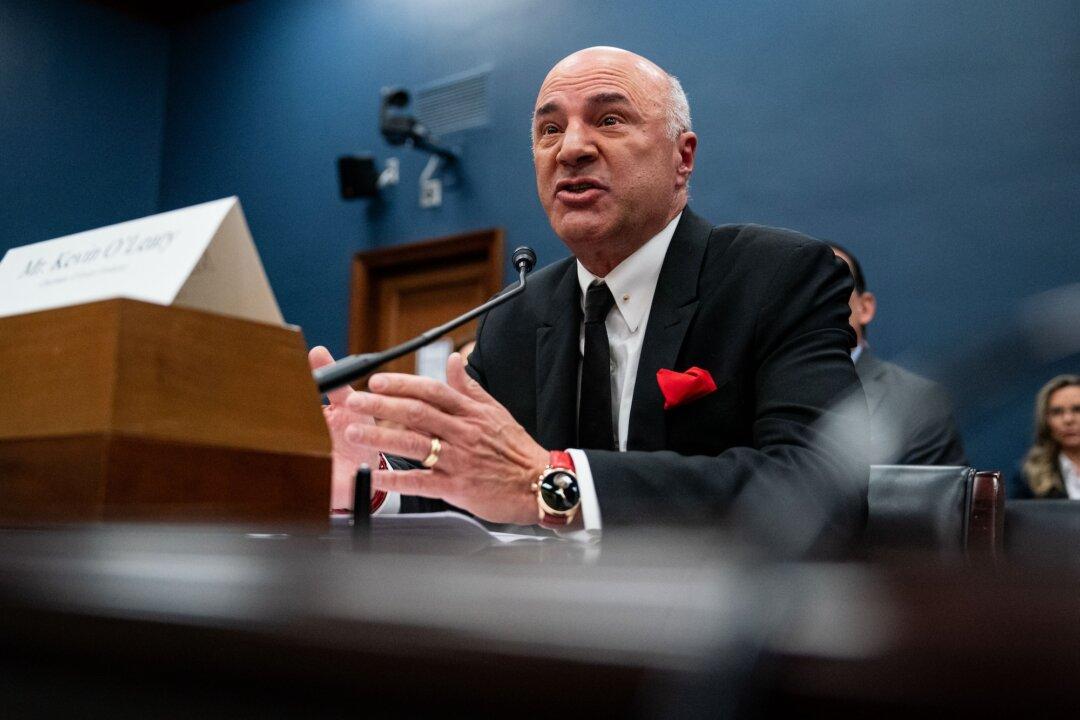Canadian billionaire businessman Kevin O'Leary, and star of U.S. television show Shark Tank, has criticised Australia’s “right to disconnect” laws that just came into effect this week.
The new laws threaten to fine employers who contact employees outside of work hours except in exceptional circumstances. Yet the extent to which such laws can be used by workers is also limited by the nature of their current employment contract—which often have clauses that allow after hours contact.





